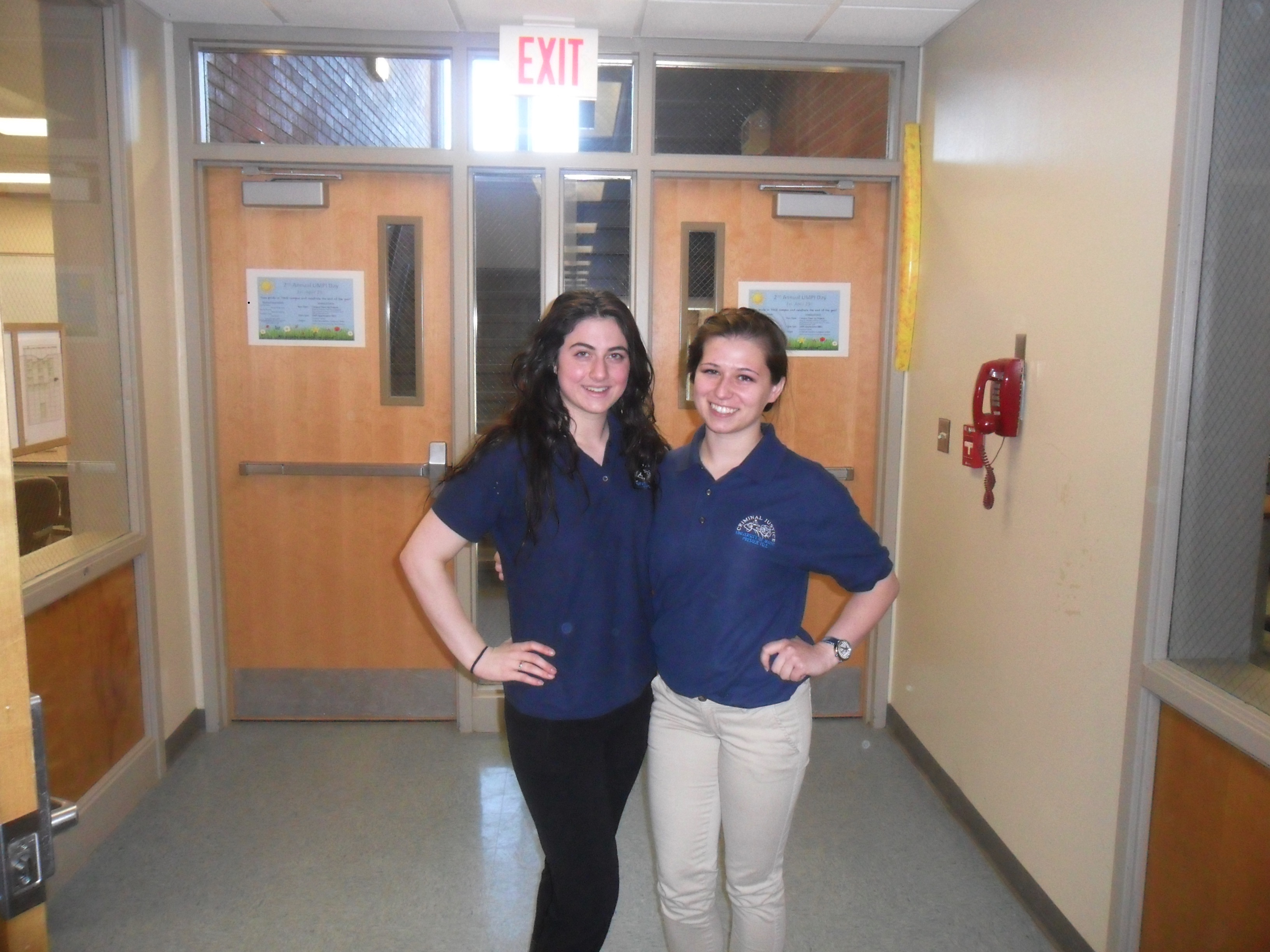
University Day at UMPI is enjoyed by people all over Aroostook county. Students show off their projects and presentations, displaying what they have learned about individual topics from their time at the University. It gives people the chance to gain some perspective on topics and issues they might not have had access to beforehand. Members from Deborah Hodgkin’s Creative Nonfiction class were some of those who partook in this event. Five of the students from this class each read a personal essay they had written involving their life experiences.
The first student to read was Melissa Lizotte, a senior graduating this semester from UMPI. She was confident while speaking, and the members of the audience were easily engaged. Her piece started off by describing a photograph taken during a family vacation. Much of her piece was centered around her need to broaden her surroundings, while simultaneously dealing with the conflict of staying or leaving the area in which she has lived her entire life. In her essay, she expressed how being in college has opened several new experiences for her. “The classroom was both a comfort zone and a social awakening,” she said. She emphasized in her piece, that even though she has enjoyed her home, she cannot promise anybody that she will remain there her entire life.
Next up to read was Lassana Dorleh. His piece was written from his perspective as a twin, and the personal struggles with identity that come with it. He explained that when him and his twin brother were growing up, people always associated them together. Even today this has not sincerely changed for them in many ways. “The best things in life come in twos,” he said, reiterating his points. He mentioned that he has felt like a circus attraction at times, creating a sort of wonderment to some simply by being a twin. He also mentioned points where he was essentially told what his favorite color was as a child, because his had to be different from his brother’s. By the end of the essay, it is clear that even though Lassana has had personal struggles with these things, that he loves his brother and they have a good relationship. They often help each other and are each a large support system for one another.
Following Lassana was Kate Asam. Her piece started off with a description of her great aunt, influenced by a photograph. Her aunt was always a huge inspiration for her growing up. She was an accomplished neurosurgeon and individual in general. Kate gave details about her aunt’s personal struggles at the time she was alive. Earlier in her life, she aspired to be a neurosurgeon like her aunt was. Kate’s piece shifted focus beautifully, as well as in a way that tugged on the audience’s heart strings. She explained her own issues she has had in her life that have prevented her from being a neurosurgeon. Her epilepsy caused her to suffer from seizures that would make being a surgeon nearly impossible. “It didn’t matter what I did,” she said, expressing her exasperation at the time this was happening to her. This was difficult, among other struggles she has faced, and caused her trouble with schooling at some points. Her essay emphasized a level of perseverance. She eventually was able to look at her aunt (who because of her own health issues, had to retire from surgery at an early age) as a different sort of inspiration to her. Instead of looking at her as someone who she could emulate in the exact way that she initially wanted, she saw her as someone who she could relate to, because she had gone through physical limitations as well.
Lossene Dorleh was fourth to present his personal essay. He started off by giving the audience details about his childhood. Diversity was a key element in this piece. “Finding someone who looked like me was easy,” he said, talking about the area in which he had grown up. He explained that TV was a source of entertainment as a kid. “I didn’t see anyone who looked like me on television,” he said. There were several points in this essay where he used humor. The audience was laughing for a good portion of the time, such as when he talked about how cheap his father was. But they listened intently when the serious points came. His points in this essay were also very driven by the entertainment industry, and the racial stereotypes that exist in it. By the end of the essay he explained that even though some shows and commercials are targeted towards specific races, that they don’t just have to be “black or white.” It was powerful to say the least.
The last to speak was Virginia White. Her essay was influenced by a series of photographs collected over the years. It spanned over her entire lifetime, starting at a point in time when she is very young, to events that occurred many years later. It essentially gave the impression of going down memory lane. It went through pleasant times, as well as the heartbreaking ones. She described the moments she spent with her older brother when he was on his deathbed. This section in particular, left members of the audience in tears. There were chilling details of the event, creating a level of sorrow in the room. She used wonderful transition phrases throughout the piece. “That’s another story,” or, “Another story I’m placing on the backburner,” she said, when a memory was artfully cut short.
It is obvious that each of these students has worked hard, not only to gather their thoughts, but their very experiences onto paper in ways that were tremendously moving. They were all deserving of the positive reactions given by the audience by the end of the presentation. Overall, it sincerely helped to make yet another successful and eventful University Day at the University of Maine at Presque Isle.


